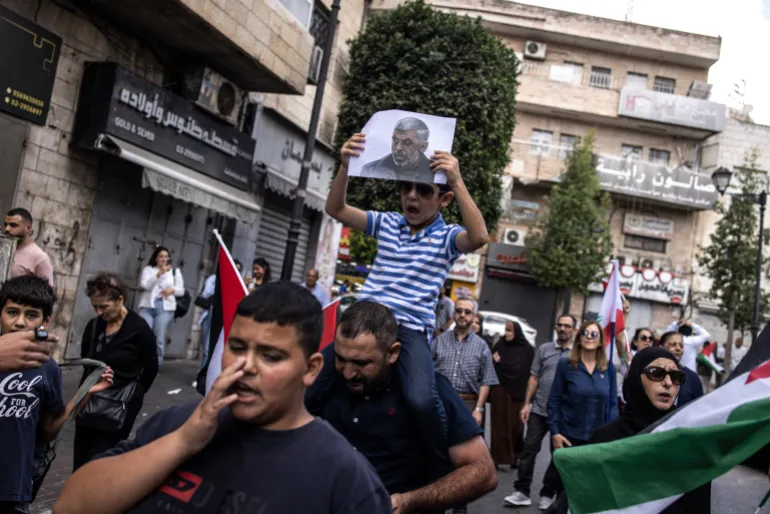Israeli Defense Forces (IDF) have confirmed the death of Yahya Sinwar, the leader of Hamas, in a chance encounter during a routine patrol in southern Gaza. After over a year of searching for Sinwar, who orchestrated the October 7 attacks, Israeli troops engaged in a firefight with three armed individuals in the Tal al-Sultan area of Rafah. Initial reports indicated that all three fighters were eliminated, but it wasn’t until the following morning that one body was identified as Sinwar’s, highlighting the unexpected nature of the encounter.
Sinwar, 61, had been evading capture by hiding in the extensive network of tunnels beneath Gaza, often accompanied by a small group of bodyguards and a number of hostages. However, when he was located, no hostages were present, raising questions about his current state of security and the fate of those he was believed to be using as human shields. The IDF later revealed that they had detected Sinwar’s DNA in a tunnel linked to the bodies of six hostages discovered weeks earlier.

The IDF’s spokesperson, Daniel Hagari, stated that the unit involved did not realize they were targeting Sinwar until after the firefight. The operation concluded with Sinwar being located and killed by an artillery strike after a drone confirmed his position inside a building. His body, discovered with a flak jacket and a firearm, was eventually extracted and confirmed to be Sinwar after testing, despite initial uncertainty about the identity of the deceased.
Prime Minister Benjamin Netanyahu praised the operation as a significant blow to Hamas but cautioned that the ongoing military campaign in Gaza would continue. He emphasized the importance of rescuing the 101 hostages still held by Hamas, stating, “We will continue full force until all your loved ones are home.” This sentiment reflects the broader Israeli strategy to dismantle Hamas leadership and infrastructure following the recent escalation in conflict.

In response, Hamas officials expressed that while the loss of Sinwar is a setback, it does not signify the end of their movement or struggle. Basem Naim, a member of Hamas’s political bureau, asserted that Israel’s belief in eradicating Hamas through targeted killings is misguided. “It is very painful and distressing to lose beloved people,” he noted, indicating the resilience of the organization despite leadership losses.








